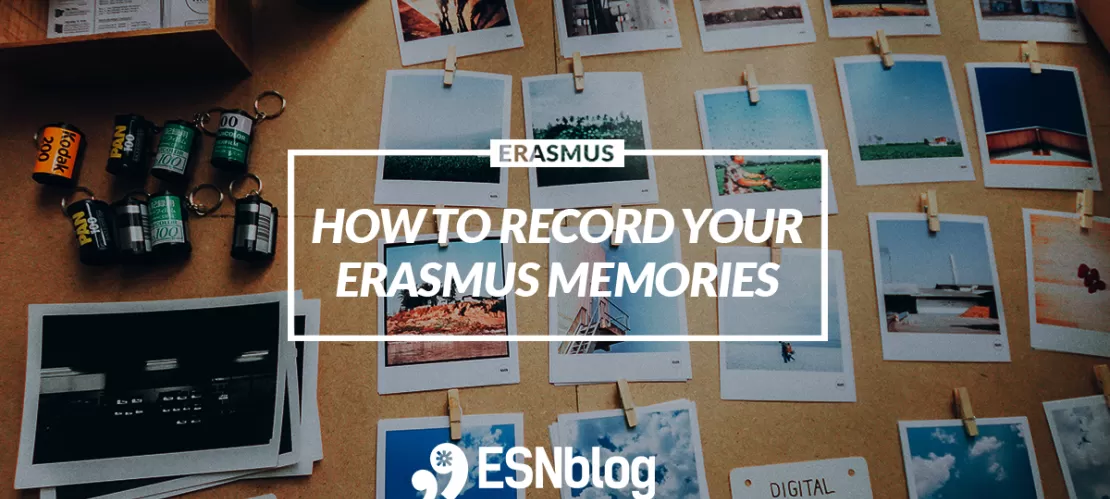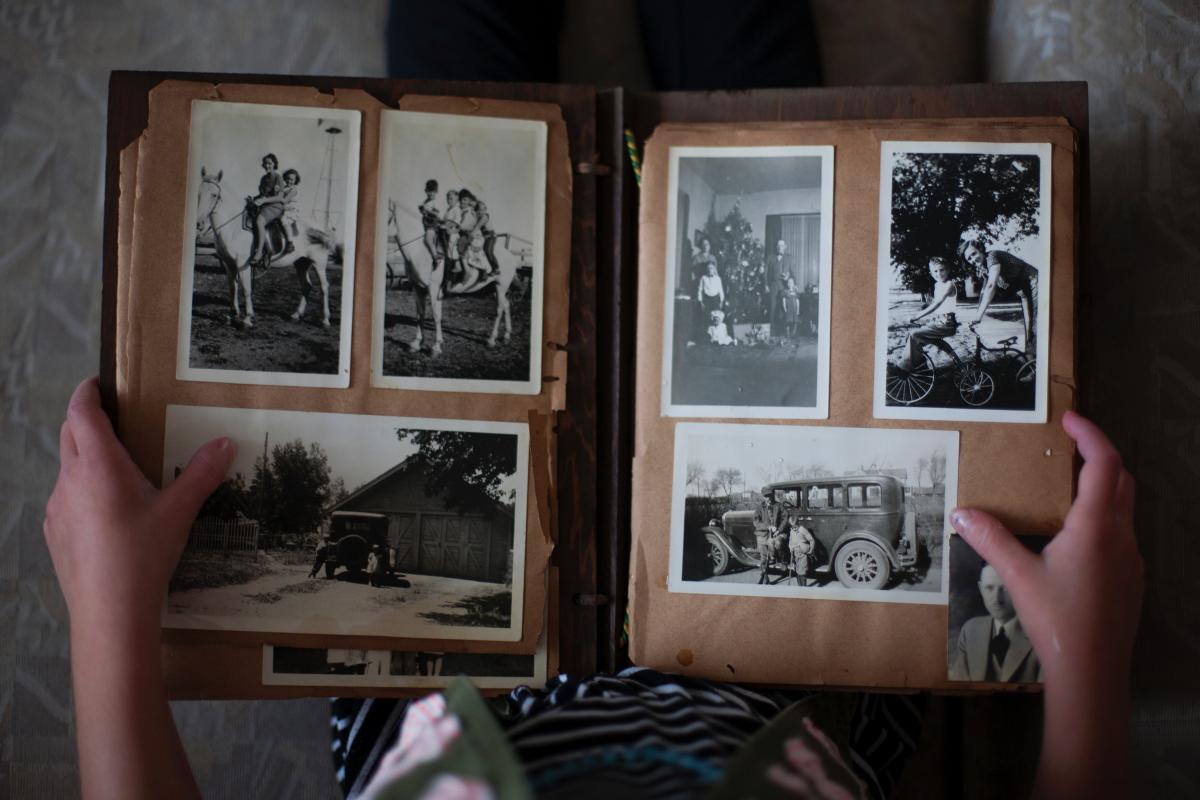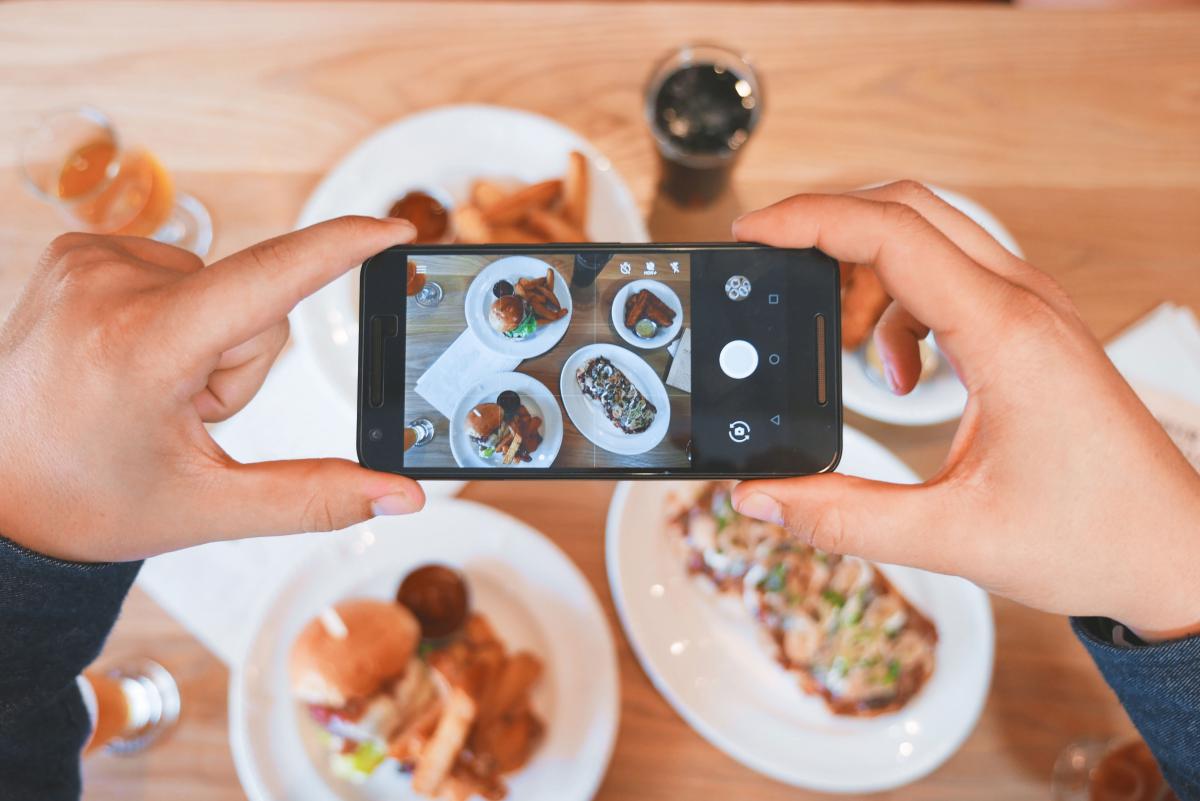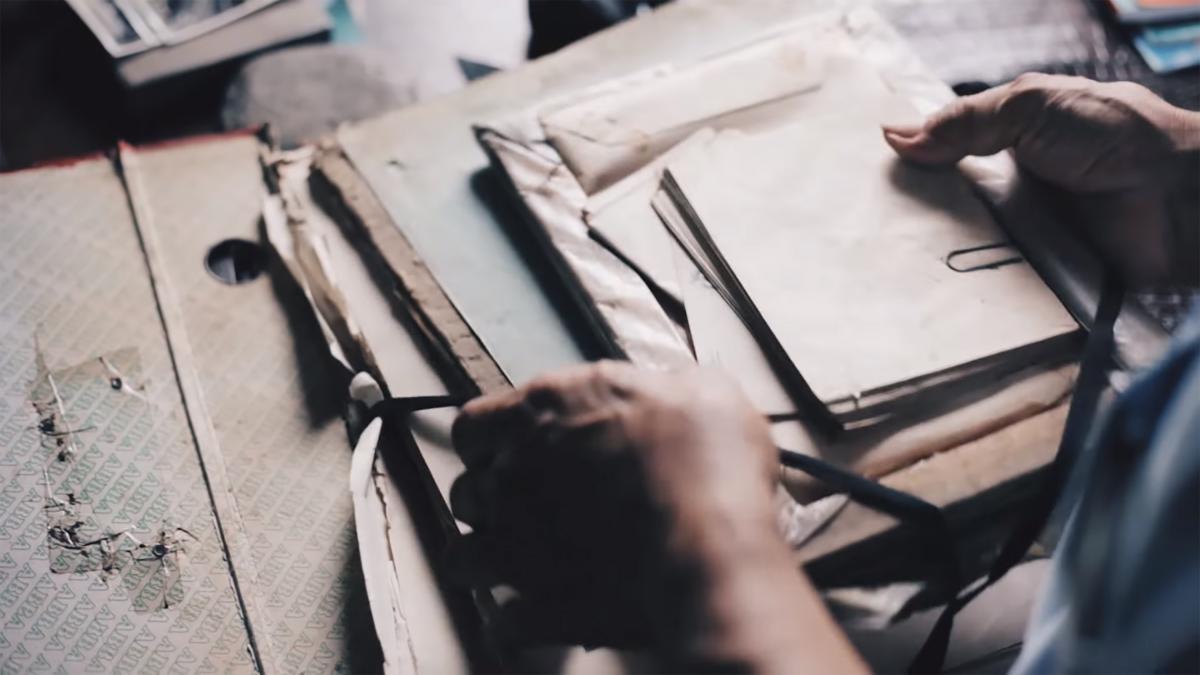
Why put an effort into recording your memories?
Preserving memories in general is good for many reasons, it helps to shape a person's identity and personality, but it also lets one learn from their past. In the context of the Erasmus+ programme, which is a short yet intense period of one’s life, recording memories is a great way to relive the highlights and accomplishments of that period. Looking back at the photos or symbolic items from your exchange also helps you stay connected to the people whom those memories were shared with. Last but not least, looking back at your memories from the „best time of your life so far“, as very many Erasmus students refer to their exchange period, can simply be entertaining, fun and fill you with warm feelings.
I have personally always believed that not all moments should be captured since the process of doing so could ruin the moment itself. We all know somebody who always has to take a photo or a video of every meal or every moment of their day. Largely because of that, I have ended up on the other extreme of not taking any photos, not writing anything down nor keeping any “random” items as memories from my Erasmus. That turned out to be a big mistake because human memory simply fades away. I have forgotten lots of important details and even occurrences of emotional events. Scientific research claims that our brain erases information in order to make room for new memories.

A few suggestions on how to record your memories
1-second everyday app
An extremely simple yet effectively smart app for recording your Erasmus memories visually. It does exactly what it says - it takes one-second videos of each day to capture your daily adventures. For social media eager Y-generation, taking short videos of their everyday activities is already happening anyway. This app basically puts all those short videos together, so that in the end you would have a visual representation of your daily Erasmus highlights.

Mementos
The word „memento“ stands for an object kept as a reminder of a person or an event, just like in the eponymous cult classic movie by Christopher Nolan. The beauty of collecting mementos lies in its simplicity: people usually collect objects which are invaluable to others and have no monetary value at all, but rather an emotional one. It’s all about keeping items which remind a person of a special moment in their life. An old bus ticket is probably useless to everyone else, but for the collector, it might symbolize the best weekend of his Erasmus period. Such items are usually simple, small in size and might probably seem random to other people. You can store mementos in basically everything, starting from shoeboxes and ending with glass jars, whichever is the most suitable option at the moment.
Written-down memories
The main purpose of a written journal is to preserve memories of events against the ravages of time and forgetfulness. It’s a human tendency to forget all important details such as the complexity of your feelings, people’s names and all the other small things that matter for a well-preserved memory.
It can be done in many forms: journals, diaries meant to keep private, or blog posts where other people can also read your thoughts.
The latter might be a great option if you don't want to lose touch with people from your home country during your Erasmus. It’s more than probable that while studying in a foreign country, you will not have the time or will to keep all your close ones updated on a daily basis, so a blog can also take care of that.

Photos
We take hundreds of photos every day, but do we still cherish them as much? Some studies argue that taking photos might even ruin memories and while it’s essentially true that in a time when we can make photos as easily as we do now with our smartphones, we don’t spend much time on preserving them properly. In order not to forget about those memories and continue being inspired, I suggest you print out your preferred photos. One great way to preserve those memories is to make a photo book. You can also get your favourite travel moments from a photo painted on a canvas or printed in some other physical form in which they seem more important than just one among thousands of photos from your phone camera roll.
To conclude, I sincerely recommend you to invest those additional seconds or minutes of your precious time to capture the best moments and memories of your Erasmus+ exchange. I have yet to meet someone who doesn’t get nostalgic reminiscing about their Erasmus highlights and I’m convinced you would not regret doing that either.
